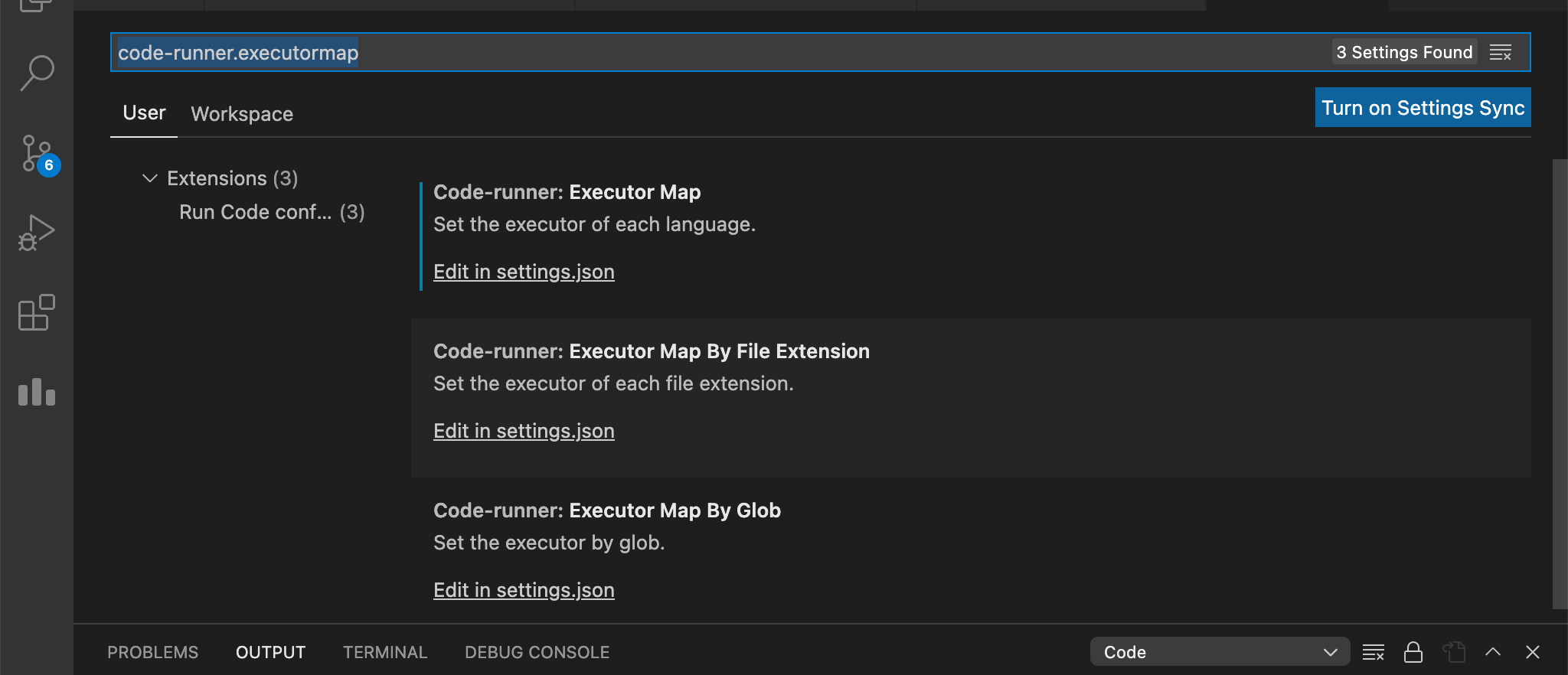I am able to update gcc on Linux to get -std=c++17, but cannot do the same on Mac.
Is there a version of Clang I can update to or some other alternative to get C++ 17 on my Mac?
Please help.
Thanks.
I am able to update gcc on Linux to get -std=c++17, but cannot do the same on Mac.
Is there a version of Clang I can update to or some other alternative to get C++ 17 on my Mac?
Please help.
Thanks.
On my 10.11 El Capitan, Xcode 7.3.1, clang has been updated to:
Apple LLVM version 7.3.0 (clang-703.0.31)
which is almost equivalent to llvm version 3.8. clang++ hasn't -std=c++17 option, but -std=c++1z, working well at present, though only supporting some features of C++1z.
For gcc, you can install a very new one by:
brew install gcc --HEAD
which will install gcc-6.1 now, (2016.8). This gcc has limited support for C++17 and can be enabled by -std=c++17.
some update:
The corresponding llvm version of Apple's clang is not clear recently, should be 3.9+ or 4+. Check this wiki page for more information.
brew install gcc --HEAD should always work for mac/homebrew, and give you the cutting edge gnu gcc with many experimental features. On the other hand, normal brew install gcc should install a gcc supporting most c++17 features now.
For the language standard argument, try -std=c++17 and -std=c++1z for different compilers, one of them should work.
Apple's Clang already supports up to the latest C++ version but is defaulted to older ones.
All you have to do is add --std=c++17 after g++ while execution, execute your code with g++ --std=c++17 <filename>.cpp
If you're using code runner for execution, follow:
Code>Preferences>Settings in search bar at top of settings type code-runner.executormap,

from thissettings.json file change the line with key cpp line:8 in following example
"cpp": "cd $dir && g++ --std=c++17 $fileName -o $fileNameWithoutExt && $dir$fileNameWithoutExt",
4. Restart VSCode
The v17 standard is now offered by default with Xcode 10, offering both standard, and variant flavors.
Via Build Settings:
CLANG_CXX_LANGUAGE_STANDARD : C++17/GNU++17
CLI:
-std=c++17partial support
-std=gnu++17
You need to first install a compiler that supports the C++17 standard. I can only recommend installing gcc, clang, and Apple's LLVM:
Others such as, PGI, Intel Compiler, etc. might work, but I have no experience with those.
gcc and clang can be installed using homebrew
gcc:
brew install gcc
clang
brew install llvm
You can get XCode through the App Store.
On a Mac, the C++17 Parallel STL requires Intel Threading Building Blocks (TBB).
The easiest way to install tbb is through homebrew:
brew install tbb
When compiling from the command line using gcc or clang don't forget to include the flag: -std=c++17
Maybe you should install xcode command tool using:
xcode-select --install
© 2022 - 2024 — McMap. All rights reserved.